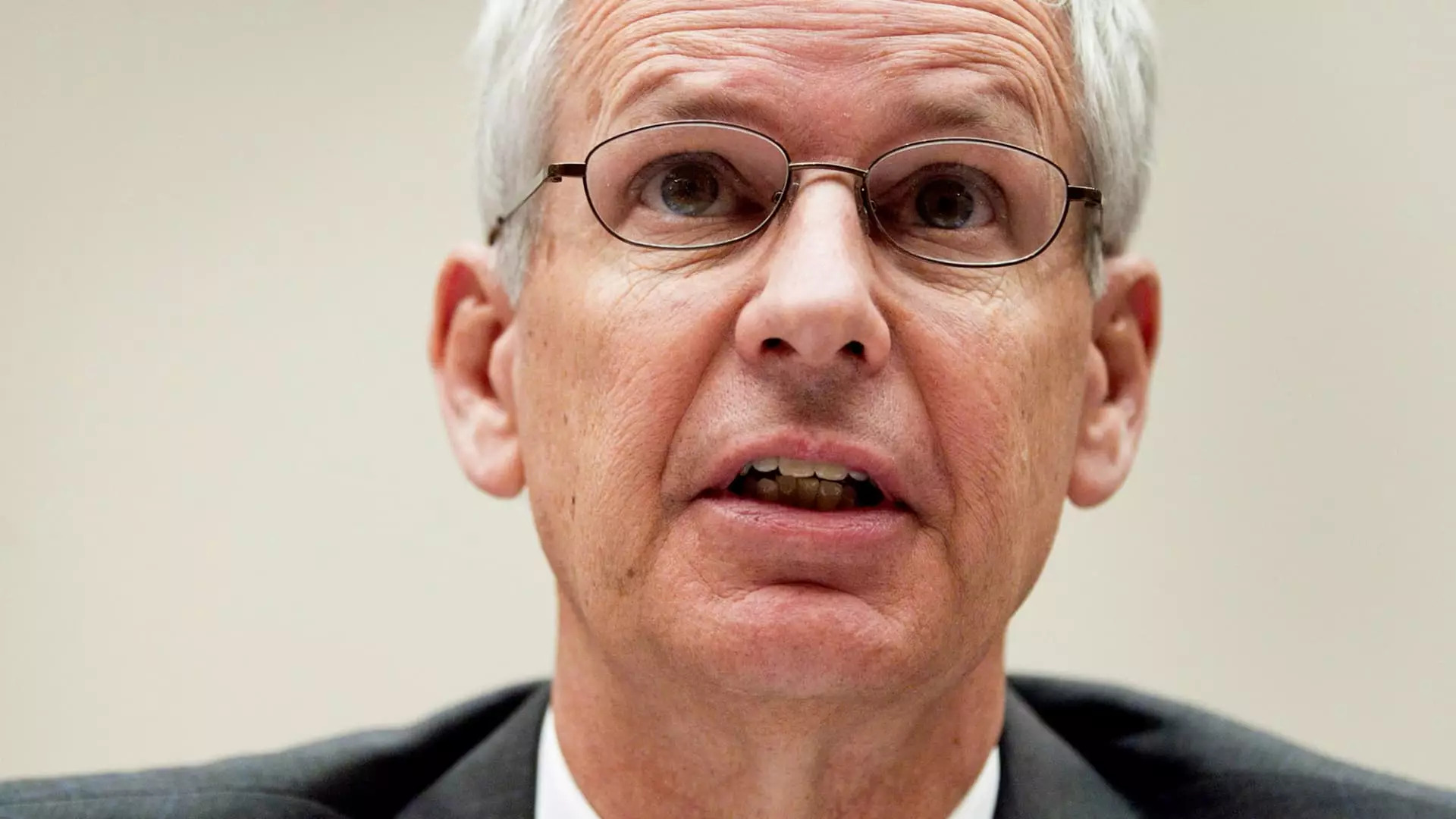In the fast-evolving landscape of media and telecommunications, strategies must adapt or risk obsolescence. Dish Network’s recent maneuvers have drawn an intriguing, albeit sobering, parallel to the ending of the iconic television show “Seinfeld.” While the show is beloved for its clever writing and relatable characters, its finale was broadly criticized, similarly reflecting the trajectory of Dish as it confronts the modern challenges of the industry.
Dish co-founder Charlie Ergen’s analogy of his company’s strategy to “Seinfeld” was initially captivating. During a 2011 earnings call, he remarked on the sitcom’s narrative style—multiple threads that converge into a cohesive finale. This metaphor suggested that despite a seemingly disjointed journey, Dish’s strategy would somehow resolve in a grand reveal. Unfortunately, Dish’s reality has proven dissimilar; rather than a well-crafted conclusion, it has faced disconcerting outcomes that echo disappointment.
Fast forward to the present, and we see the fallout of this strategy. As of this week, EchoStar, Dish’s parent company, sold Dish to DirecTV for a mere $1, plus a staggering $9.75 billion in debt. Such a drastic measure signals a profound shift in the company’s prospects, undermining Ergen’s optimistic metaphor. The drastic decline in the value of EchoStar shares—over 11% on the day of the announcement—exemplifies the broader malaise in the pay-TV market.
The shift away from traditional pay-TV is marked by consumer preferences migrating toward on-demand streaming services and high-speed broadband options. Dish, alongside DirecTV, has lost about 63% of its combined video subscribers since 2016. The landscape has changed dramatically, and players like Comcast and Charter have adapted more effectively to emerging consumer behaviors.
EchoStar CEO Hamid Akhavan has candidly acknowledged these shifts. In a recent interview, he stated, “The content-distribution industry has been on the decline, losing customers at a rapid pace.” This admission underscores the challenges facing legacy systems and the need for modernization—elements Dish have struggled to balance.
In its quest to redefine itself, Dish attempted to forge a path into the wireless market. The acquisition of Boost Mobile from T-Mobile for $1.4 billion in 2019 was a strategic step aimed at diversification. However, without adequate infrastructure to support its wireless ambitions, Dish found itself caught in a vicious cycle. Akhavan noted that the lack of capital hindered the development of a nationwide network, while the depletion of satellite TV revenues escalated the company’s woes.
This multifaceted approach, aimed at addressing the challenges on different fronts, became a source of distraction for Dish’s management. The company’s inability to successfully merge its pay-TV offerings with a wireless strategy illustrates a failure to navigate the complexities of the current marketplace. The once-clear vision has become fragmented, leading to inefficiencies.
The analogy to “Seinfeld” extends beyond just a storytelling style; it embodies the broader theme of expectations versus reality. As viewers anticipated an engaging finale to a beloved sitcom, Dish investors and stakeholders yearned for a strategic climax that has remained elusive. Dish’s efforts to converge their various ventures did not produce a unified outcome but instead highlighted the fragmentation and challenges inherent in their approach.
As we reflect on Dish Network’s journey, it is evident that a coherent strategy is essential for success in a fiercely competitive environment. The company’s actions illustrate the pitfalls of a meandering path in lieu of a focused strategy. While Ergen may have hoped for a resolution reminiscent of “Seinfeld,” the conclusion has unfortunately mirrored the sitcom’s missteps—leaving behind a narrative filled with potential but ultimately falling short of its audience’s expectations.
The melancholy lessons from Dish Network’s trajectory resonate within the broader context of a changing industry. To thrive, companies must learn to adapt and focus instead of getting lost within multiple, unclear plot lines. Without this clarity, the next chapter may not hold the promising resolution stakeholders hope to see.

